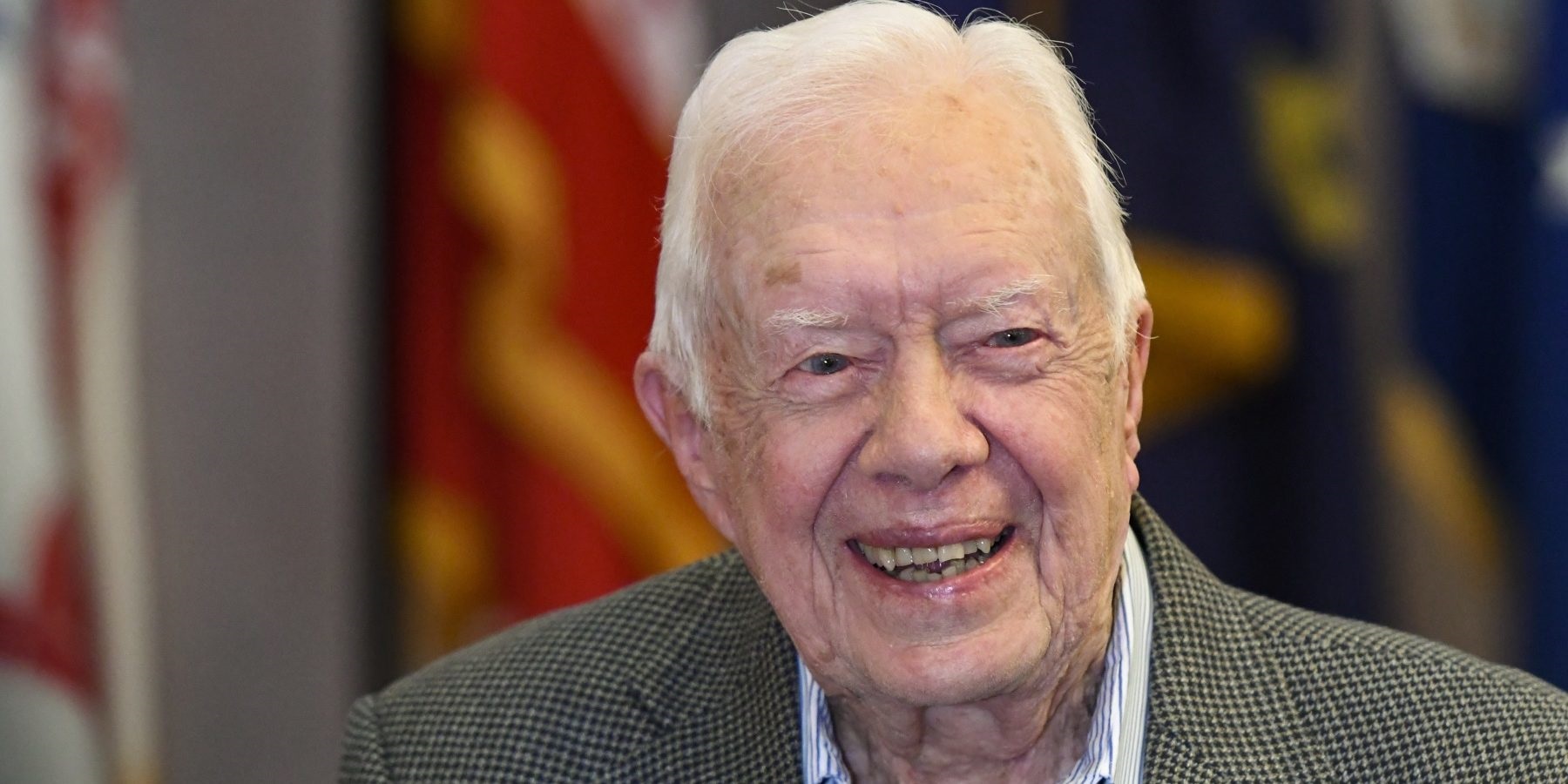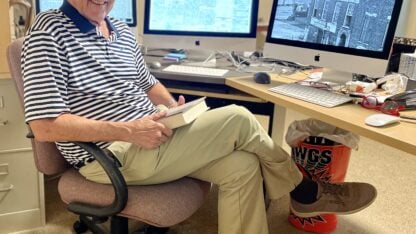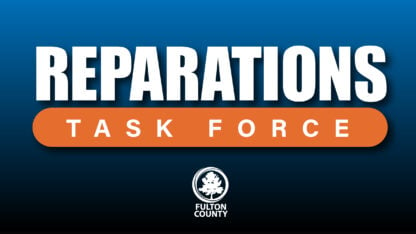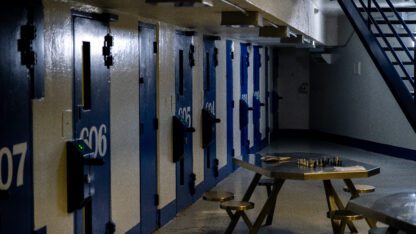The Nobel Prize in medicine was awarded Monday to two researchers from the United States and Japan for advances in discovering how the body’s immune system can fight off the scourge of cancer.
The research honored with Monday’s Nobel Prize in medicine helped at least one very famous patient: Jimmy Carter.
The former U.S. president and Georgia governor, who also celebrates his 94th birthday Monday, was diagnosed in 2015 with the skin cancer melanoma, which had spread to his brain. He was treated with a drug inspired by the research of new Nobel laureate Tasuku Honjo, and Carter announced in 2016 that he no longer needed treatment.
The$1.01 million prize will be shared by James Allison of the University of Texas and Honjo of Kyoto University.
Their parallel work concerned proteins that act as brakes on the body’s immune system, and it constitutes “a landmark in our fight against cancer,” said a statement from the Nobel Assembly of Sweden’s Karolinska Institute, which selects winners of the annual prestigious award.
Allison studied a known protein and developed the concept into a new treatment approach, while Honjo discovered a new protein that also operated as a brake on immune cells.
“I’m honored and humbled to receive this prestigious recognition,” Allison said in a statement released by the university’s MD Anderson Cancer Center in Houston, where he is a professor.
“A driving motivation for scientists is simply to push the frontiers of knowledge. I didn’t set out to study cancer, but to understand the biology of T cells, these incredible cells that travel our bodies and work to protect us,” he said.
Allison’s and Honjo’s prize-winning work started in the 1990s and was part of significant advances in cancer immunotherapy.
“In some patients, this therapy is remarkably effective,” Jeremy Berg, editor-in-chief of the Science family of journals, told The Associated Press. “The number of different types of cancers for which this approach to immunotherapy is being found to be effective in at least some patients continues to grow.”
Therapy developed from Honjo’s work led to long-term remission in patients with metastatic cancer that had been considered essentially untreatable, the Nobel Assembly said.
Berg said that former President Carter’s cancer, which had spread to his brain, was treated with one of the drugs developed from Honjo’s work.
The physics prize is to be announced Tuesday, followed by chemistry. The winner of the Nobel Peace Prize will be named Friday and the economics laureate will be announced next Monday. No literature prize is being given this year.









